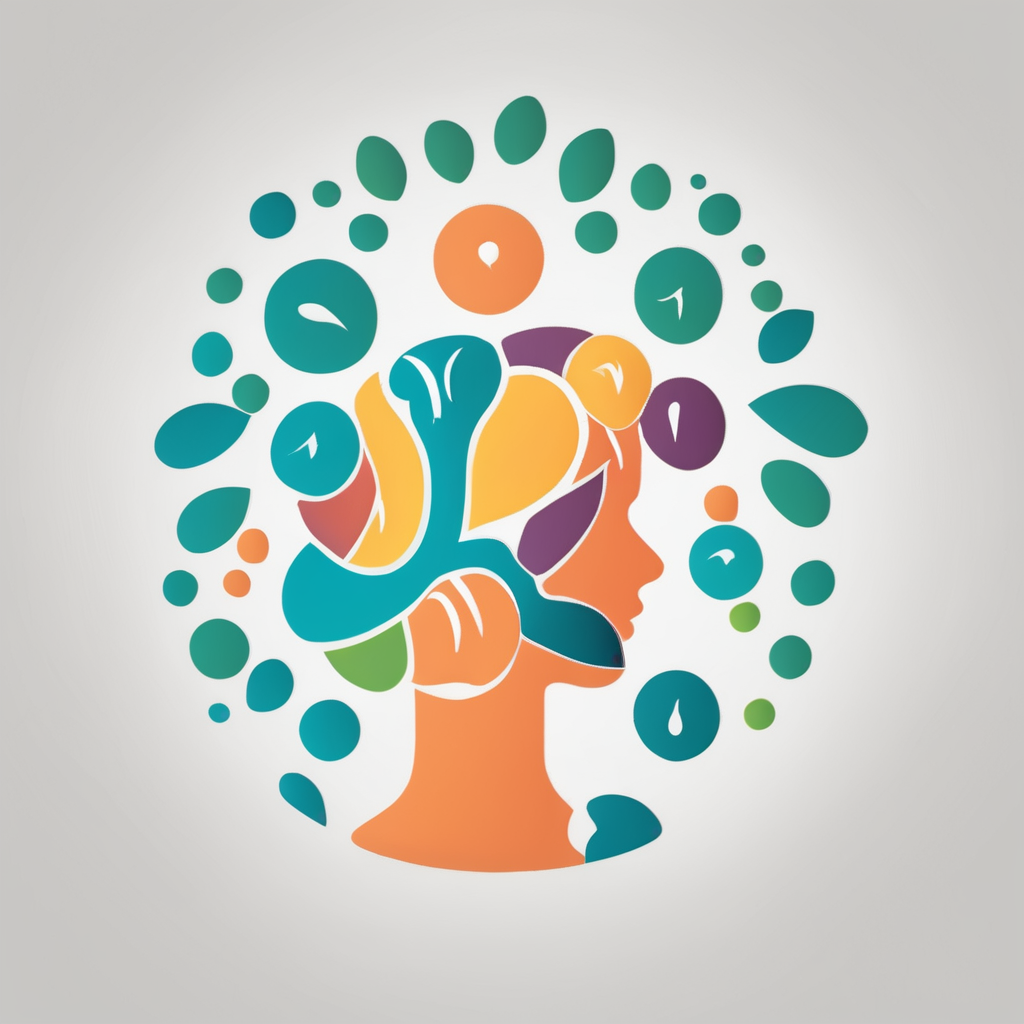Key strategies for enhancing senior mental well-being
Supporting mental well-being for seniors hinges on practical approaches that address common challenges. One essential strategy is fostering social engagement and combating isolation. Regular interaction with peers, family, or community groups helps alleviate loneliness, enhancing mood and cognitive function. Seniors benefit from activities like group hobbies, volunteer opportunities, or simple conversations.
Equally important are physical activity and movement as mood enhancers. Exercise triggers endorphin release, which elevates mood while improving physical health. Light walks, chair yoga, or swimming can suit varied ability levels and significantly impact mental health.
In parallel : How Can Seniors Ensure Safe Medication Management?
Another effective approach involves cognitive stimulation and lifelong learning. Puzzles, memory games, and new skills encourage brain plasticity, delaying decline and promoting mental agility. Educational classes or technology use can deepen engagement and offer purpose, both critical for senior mental well-being.
Implementing these strategies to improve senior mental health collaboratively creates a balanced routine that supports seniors’ emotional and cognitive vitality, making this a comprehensive model for enhancing quality of life.
Also to read : How can seniors in the UK access community support services?
Evidence-based approaches to support senior mental health
Effective evidence-based mental health for older adults hinges on interventions grounded in solid research. Studies consistently reveal that tailored mental health interventions can significantly improve senior well-being, reducing symptoms of depression, anxiety, and cognitive decline.
Nutrition plays a crucial role. Diets rich in omega-3 fatty acids, antioxidants, and vitamins show consistent benefits in cognitive function and mood stabilization. For example, a Mediterranean-style diet is frequently linked to better mental health outcomes and decreased risk of neurodegenerative disorders.
Similarly, quality sleep and adequate rest are fundamental. Chronic sleep disruptions heighten risks for mental health disorders among seniors. Evidence suggests that establishing healthy sleep routines and addressing sleep disorders like insomnia markedly improve cognitive performance and emotional resilience.
When symptoms persist or worsen, professional help becomes indispensable. Therapy, counseling, and support groups provide structured environments where seniors can process challenges, develop coping strategies, and connect socially. Cognitive-behavioral therapy (CBT), especially, has strong research backing for treating anxiety and depression in older adults, demonstrating measurable improvements in mood and function.
Integrating these research-supported approaches forms the foundation of comprehensive care focused on senior mental health and quality of life.
Practical and actionable tips for daily mental well-being
Daily mental health tips for seniors are essential in fostering stability and enhancing overall well-being. Establishing consistent routines gives seniors a clear sense of purpose, helping to structure their day effectively. Simple actions like setting regular meal times, engaging in light exercise, or dedicating moments to hobbies create a steady rhythm that benefits mental clarity.
Actionable mental wellness steps also include relaxation techniques. Practices such as deep breathing, guided meditation, or gentle yoga can significantly reduce stress levels. These activities calm the mind, improve mood, and enhance sleep quality, which is crucial for emotional balance.
In today’s digital age, leveraging technology offers seniors valuable tools for social interaction and cognitive stimulation. Video calls with family, brain-training apps, or online interest groups help maintain connections and keep the mind active. Regular use of these technologies supports mental resilience and combats feelings of isolation. Incorporating these senior self-care routines consistently lays a foundation for stronger mental health, enriching everyday life with manageable yet effective practices.
Tailoring mental well-being strategies to individual needs
Ensuring personalised mental health for seniors requires adapting strategies to suit their unique situations. Older adults often face physical limitations, such as reduced mobility or sensory impairments, which must be accommodated to make mental health support effective and accessible. Strategies might include offering activities in comfortable environments or using technology designed for easier use.
Managing chronic health conditions is another vital aspect. Illnesses like arthritis, diabetes, or heart disease can impact mental well-being significantly. Tailored approaches that address both physical symptoms and psychological effects help seniors maintain a balanced mood and resilience. For example, integrating relaxation techniques with medical treatment plans can mitigate anxiety and depression linked to chronic conditions.
Senior-specific well-being needs also extend to the social sphere. Encouraging family and community involvement provides emotional support and reduces feelings of isolation. Group activities, visits, or regular check-ins foster connection and purpose, which are crucial for mental health. By focussing on individual circumstances and strengths, mental health strategies can be both practical and deeply supportive.
Trusted resources and ongoing support for seniors
Supporting senior mental health requires access to trustworthy and continuous care options. Support networks for seniors often include a mix of professional helplines and local community programs that offer tailored assistance. For example, reputable organisations provide confidential helplines staffed by trained professionals who can guide seniors through mental health challenges and direct them to appropriate services. These resources serve as an immediate point of contact for those seeking help.
Community-based initiatives also play a critical role by fostering social connection and reducing isolation—key factors influencing mental wellbeing in older adults. Many programs offer group activities, counseling sessions, and peer support opportunities, creating a safety net that encourages ongoing engagement.
To empower older adults and their caregivers, educational materials and further reading are widely available. These resources cover topics like symptom recognition, coping strategies, and the importance of continued mental health care. They enable seniors to make informed decisions and maintain their wellbeing proactively. Exploring these resources enhances not only knowledge but also access to comprehensive support networks designed specifically for seniors’ mental health needs.


